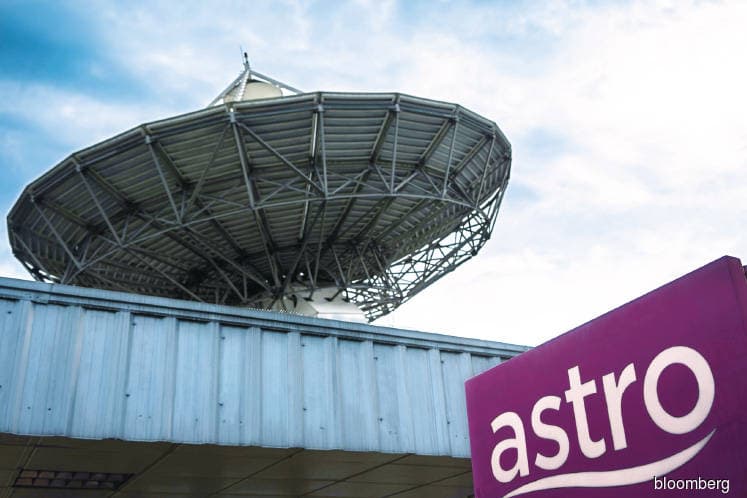
This article first appeared in The Edge Financial Daily on September 27, 2018
KUALA LUMPUR: Astro Malaysia Holdings Bhd has just secured the English Premier League (EPL) broadcast rights in Malaysia for another three seasons from 2019/20 to 2021/22, but this news might not be able to cheer its shareholders given its latest disappointing quarterly results.
The country’s largest pay television provider saw its net profit for the second quarter ended July 31 (2QFY19) sink by 93.3% to RM16.6 million, or 0.32 sen per share, from RM246.3 million, or 4.73 sen per share, in the previous corresponding quarter.
Astro attributed the sharp fall in profit to higher content costs due to the Fifa World Cup and higher cost of merchandise sales and net finance costs. This was despite Astro saying that its TV viewership reached an all-time high of 11.6 million and one million on Astro GO resulting in over 120,000 World Cup passes being sold, as revenues from World Cup passes increased by 50% from the 2014 World Cup.
A closer look at the television segment, however, saw its earnings before interest, taxes, depreciation and amortisation (Ebitda) margin fall to 20.2% in 2QFY19. In comparison to the previous 2014 World Cup, the Ebitda margin for the television segment was at 33.6%.
Astro chief executive officer designate Henry Tan, however, said in a statement that the increase in content costs for the 2018 Fifa World Cup “has been budgeted”.
“In addition, financial results were affected by the reduced need to advertise during the tax holiday period from June 1 to Aug 31, 2018 and the depreciating ringgit.
“Nevertheless, we continue to have stable revenues across TV and radio with diversification from digital platforms, e-commerce, licensing income and theatrical sales,” Tan added.
This was despite a slight decline of 0.23% in the group’s revenue to RM1.416 billion against RM1.42 billion in 2QFY18, mainly due to decreases in subscription and advertising revenues, offset by higher merchandise sales, licensing income and sales of programme broadcast rights.
Aside from the television segment, its radio segment also saw a decline in both its revenue and Ebitda for the current quarter compared with the corresponding quarter a year ago. While the home shopping segment saw an increase of RM23.2 million in revenue to RM93.5 million from RM70.3 million in the corresponding quarter a year ago, Ebitda recorded an unfavourable variance due to costs incurred for an additional channel and tactical campaign for the current quarter.
For the first half of the financial year ending Jan 31, 2019 (1HFY19), the group’s net profit also fell by 56.7% to RM191.3 million, or 3.67 sen per share, from RM442.2 million, or 8.49 sen per share, recorded in the corresponding period a year ago. Astro’s revenue was also slightly lower at RM2.73 billion in 1HFY19 from RM2.75 billion recorded in 1HFY18.
Nonetheless, going forward, Tan expects the group’s 2H performance to improve and that Astro will remain focused on key business drivers. Astro would be touting its new exclusive EPL broadcasting rights as a key differentiator to its competitors but questions over the undisclosed costs for the rights are likely to be on its shareholders’ radar.
Despite the lower earnings, the board managed to declare a second interim single-tier dividend of 2.5 sen per share in respect of the financial year ending Jan 31, 2019 amounting to about RM130.3 million. The dividend will be paid on Oct 26 with the entitlement date on Oct 11. It was, however, lower than the dividend of three sen per share for 2QFY18.